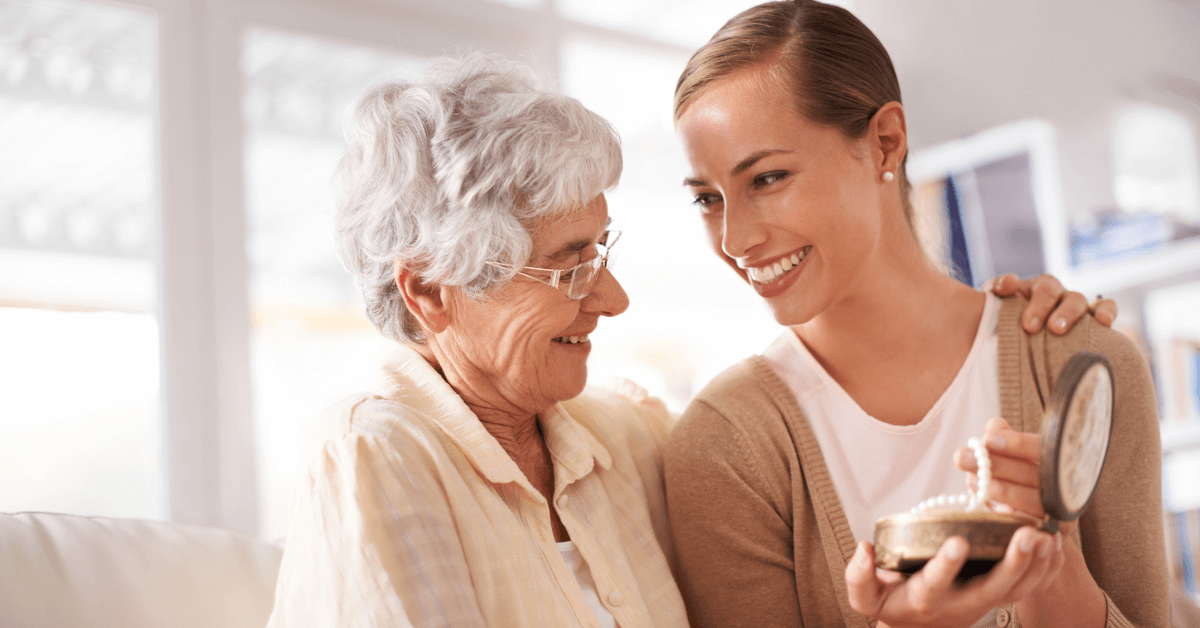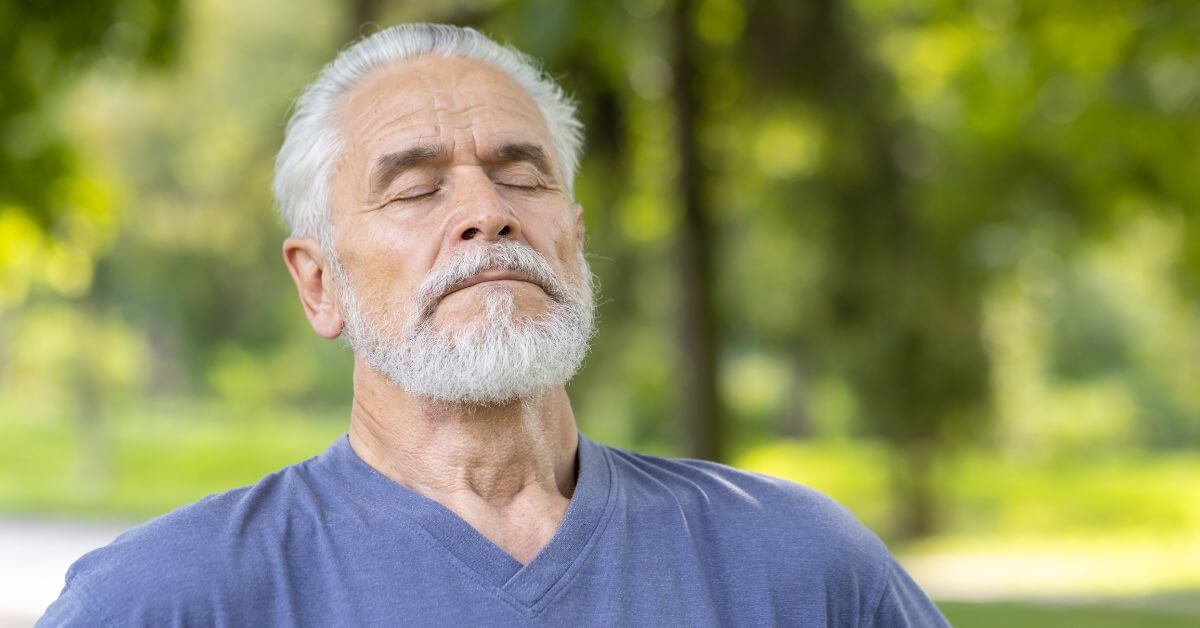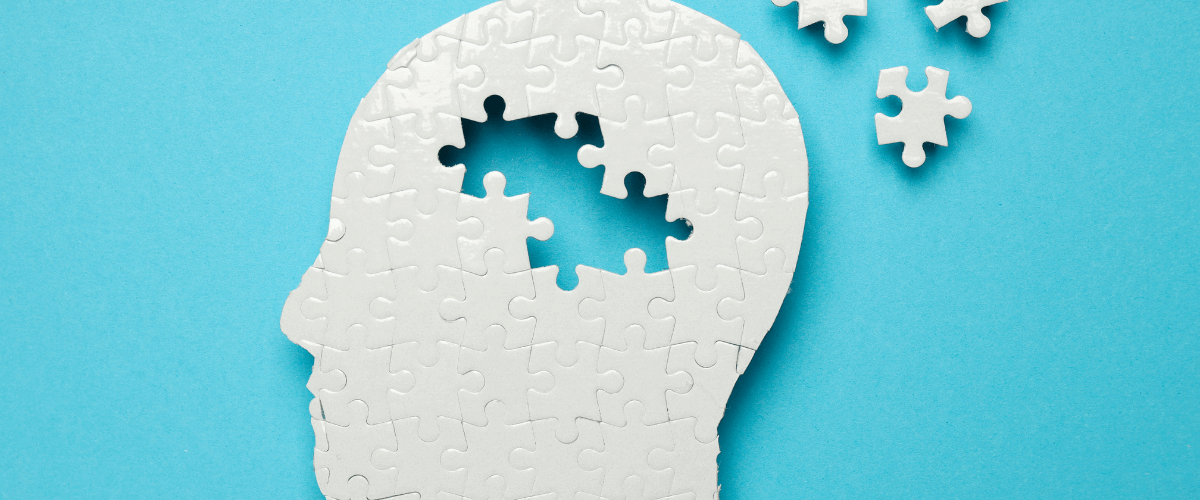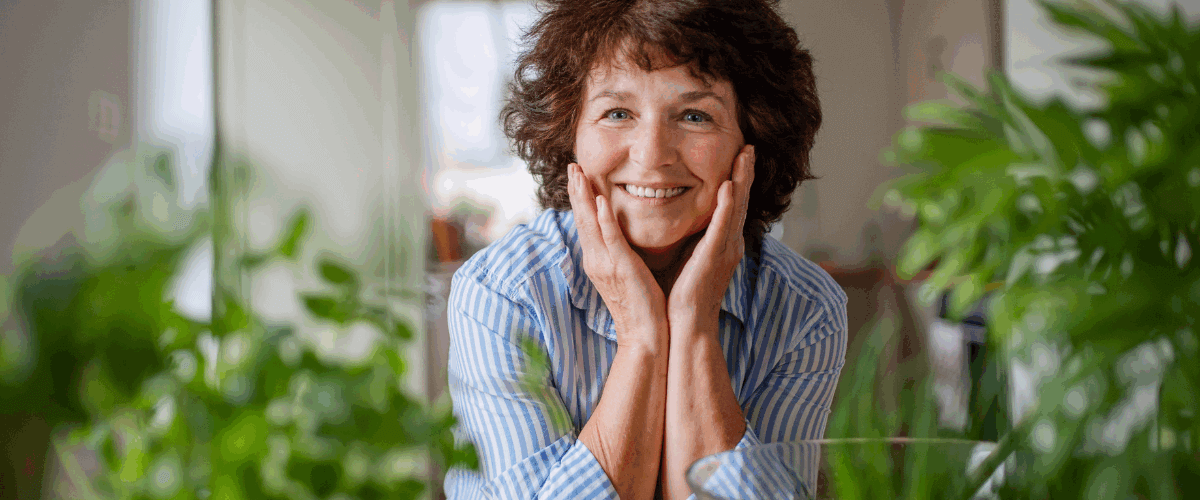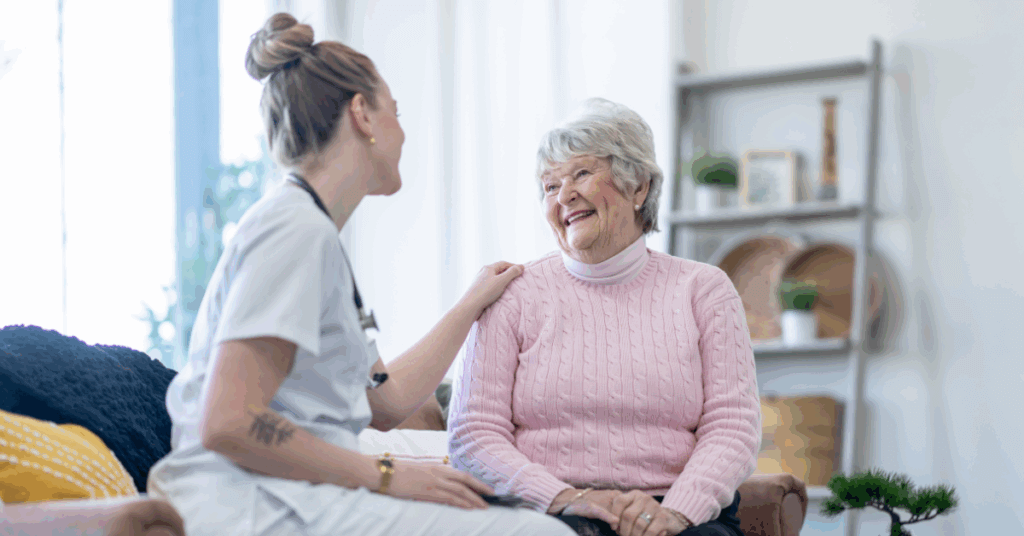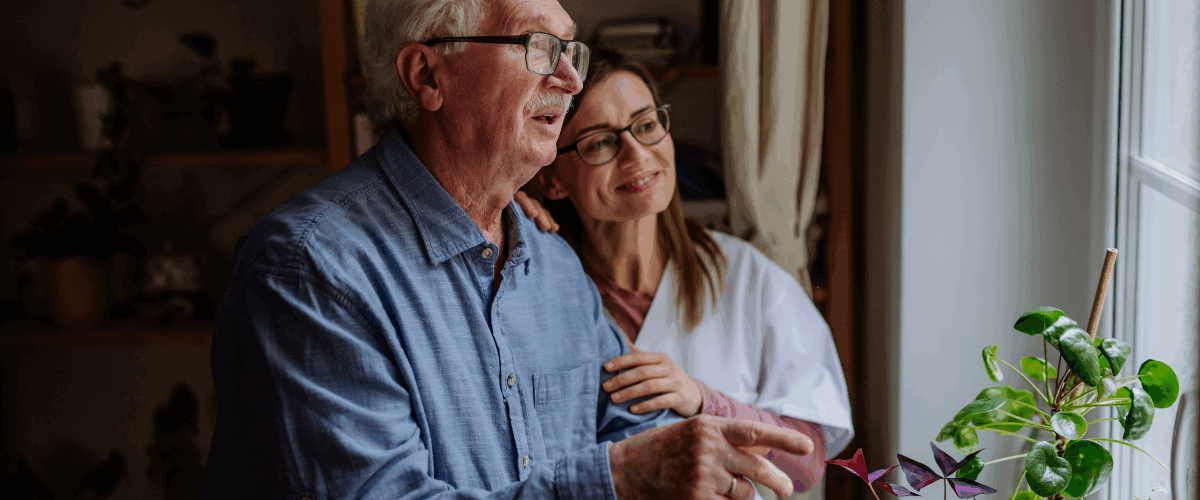
Incredible Benefits of Memory Care: Tacoma, WA
Memory care programs like Alzheimer’s care for seniors in Tacoma, WA, recognize that dementia touches each family differently. These programs address the real challenges that come with memory changes, going beyond basic senior care to meet specific needs.
Person-centered care remains the heart of quality memory care throughout all stages. This approach honors the individual, their history and their preferences, helping maintain their sense of self despite cognitive changes. It emphasizes what people can still do rather than what they’ve lost, adjusting to meet changing needs over time.
Quality memory care provides real advantages for those with dementia: specially trained caregivers who understand memory challenges, consistent daily routines that reduce confusion and personalized support plans. When exploring options for a loved one with dementia, seek programs that offer truly personalized memory support.
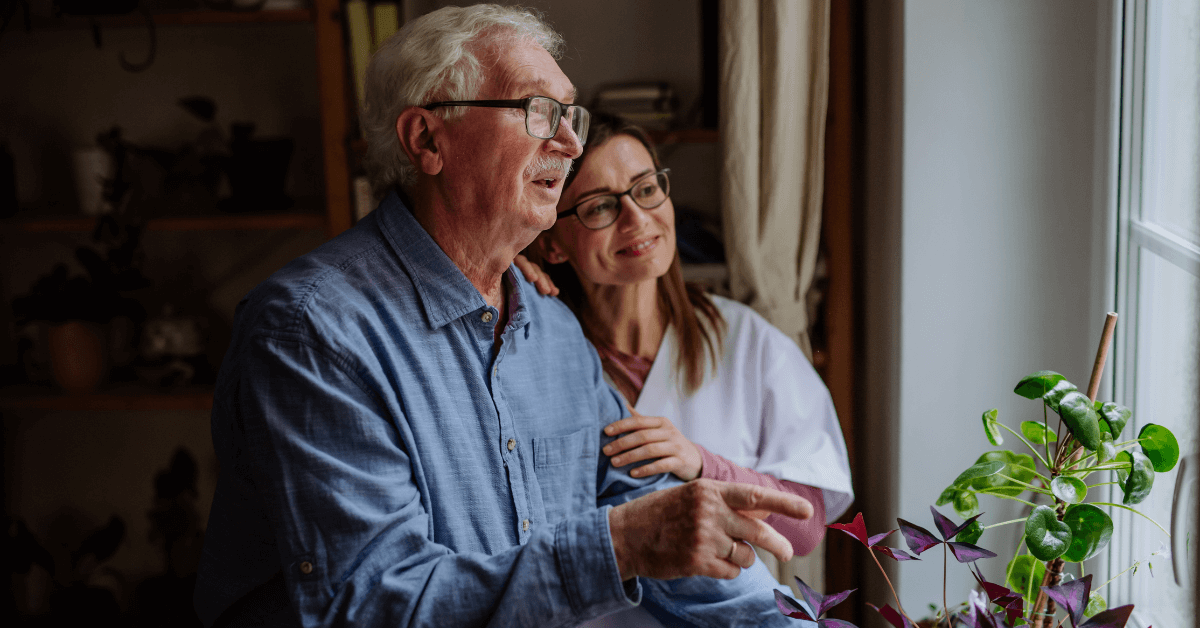
Seven Essential Benefits of Memory Care
Memory care provides meaningful advantages for individuals facing Alzheimer’s and other forms of dementia. Specialized communities offering Alzheimer’s care for seniors in Tacoma, WA, deliver personalized support beyond basic assistance. These memory care environments address the unique challenges of cognitive decline through seven key benefits that genuinely enhance quality of life.
1. Specialized dementia-trained caregivers
Exceptional memory care starts with its staff. Caregivers receive training in dementia care techniques, helping them understand the nuances of memory disorders. Quality memory care settings prepare staff members to communicate effectively with residents who have limited verbal abilities, recognize non-verbal cues and respond appropriately to behavioral changes. These professionals understand that many behaviors are actually attempts at communication when verbal expression becomes difficult.
2. Structured routines that reduce confusion
Consistency creates comfort for those with cognitive impairments. Memory care programs establish regular daily schedules that provide predictability, reducing anxiety and agitation. Set times for meals, activities and rest help residents feel secure knowing what comes next. This structured approach helps transfer daily routines into the long-term memory portion of the brain, making each day more manageable.
3. Cognitive stimulation through memory care activities
Mental engagement remains vital for brain health. Memory care communities offer thoughtfully designed activities that stimulate cognitive function:
- Music therapy that evokes cherished memories and emotions
- Art projects that encourage creative expression and focus
- Puzzles and word games that promote problem-solving
- Reminiscence therapy that strengthens memory recall
These activities serve as purposeful interventions that can slow cognitive decline. People living with dementia who regularly participate in cognitive stimulation demonstrate better performance across all cognitive areas compared to those who don’t.
4. Personalized memory support and care plans
Each person’s journey with dementia follows a unique path. Quality memory care communities develop individualized care plans that address specific needs and preferences. These plans receive regular updates as needs evolve, ensuring care remains appropriate throughout disease progression. Personalized approaches can minimize behavioral challenges by recognizing and addressing the person’s triggers and comforts.
5. Social interaction and community engagement
Isolation often accompanies dementia, intensifying symptoms and diminishing well-being. Memory care communities create opportunities for meaningful social connections in small, comfortable groups of four to six residents. Even individuals with advanced dementia benefit from the sense of community these settings provide, with studies showing residents in specialized care units have more social interactions than those in traditional nursing homes.
6. Access to medical and nutritional support
Healthy nutrition plays a key role in brain health. Memory care programs emphasize brain-boosting food choices like leafy greens, salmon, walnuts and olive oil that support cognitive function. Staff members ensure residents stay hydrated.
7. Respite and peace of mind for family caregivers
Family caregivers often experience significant stress, with many of them suffering from depression. Memory care provides essential relief, allowing family members to shift from hands-on caregiving to simply enjoying quality time with their loved one. This transition fosters healthier relationships and improves everyone’s quality of life. These benefits highlight why specialized memory care often provides the optimal environment for your loved one’s well-being.
Finding Hope and Support for Your Family
Memory care provides meaningful support for families navigating the challenges of dementia and Alzheimer’s disease. What makes memory care truly special is its focus on the whole person, not just their diagnosis. Personalized care plans honor your loved one’s preferences and history, while social engagement opportunities foster meaningful connections with others.
The journey with dementia presents real challenges, but specialized memory care offers hope and improved quality of life for both residents and their families. When you’re ready to explore how this type of care might benefit your loved one, call People’s Senior Living at (253) 474-1741 to schedule a tour and learn more about their personalized memory support.
FAQs
Q1. What are the benefits of memory care for seniors with dementia?
Memory care offers specialized dementia-trained caregivers, structured routines to reduce confusion, cognitive stimulation activities, personalized care plans, social interaction opportunities, access to medical and nutritional support and respite for family caregivers.
Q2. How does memory care differ from standard senior care?
Memory care goes beyond standard senior care by addressing the specific challenges of dementia. It provides specialized approaches to communication, behavioral management and daily activities tailored to different stages of memory loss, promoting independence.
Q3. What activities are offered in memory care programs?
Memory care programs offer engaging activities tailored to residents’ interests and abilities. These may include music therapy, art projects, puzzles, word games, reminiscence therapy, gardening and cooking. Even those with advanced dementia can participate in simplified versions of favorite pastimes.
